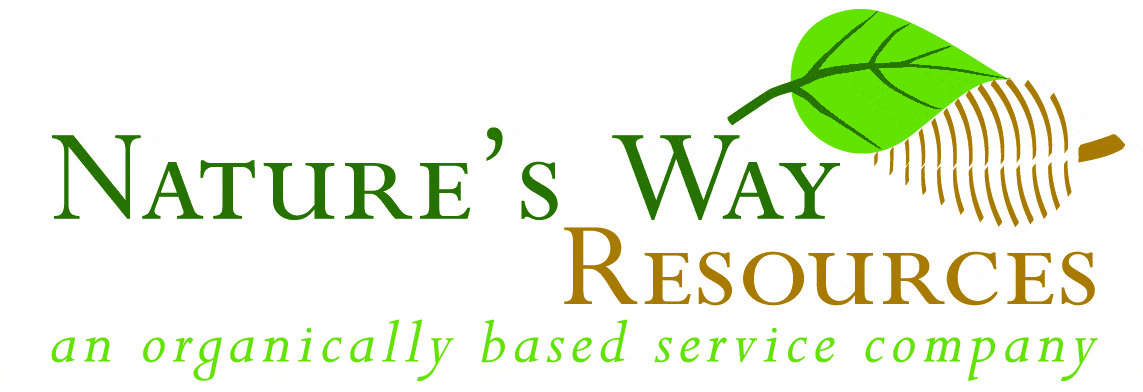By: John Ferguson
Subject: Christmas tree mulch Music video on Prairies
We hear a lot on the news about recycling your Christmas tree and getting some free mulch. So, let us look at the pros and cons of this type mulch.
PROS:
- Low cost
- Nice fragrance
- Protects soil from erosion and temperature variations
- Slugs and snails do not like to crawl across it
- Strong scent may repel some insects
- Like most mulches it reduces weed issues
- Over time it will degrade and add organic matter to one’s soil
CONS:
- Highly flammable
- High carbon to nitrogen (C:N) ratio may cause nutrient tie-up, if a thick layer is used
- Few nutrients released as it breaks down, compared to other organic mulches
- Being composed of a single or limited number of species, it does not provide food for a wide range of beneficial microbes as compared to native mulches
- Highly variable in particle shape and size
- When freshly ground, the mulch is often very sticky from the conifer sap which can transfer to hands and clothing
- Not be as attractive as other types of mulch
- Slower to break down and improve soil quality
- May contain a high level of contaminates from flocking, tinsel, broken up ornaments to other decorations that were left on the tree and were ground up.
- May have possible herbicide contamination
Comments:
Depending on the quality control, type grinding or chipping equipment used, the mulch may vary from each recycling location as to particle size, chip shape, and contamination.
Ground mulches will knit together and be more resistant to erosion and washing out than chipped mulch. Different brands of grinders will use different screening plates resulting in wide variation in chip size and shape.
Most Christmas trees are conifers and are more of a pioneer species that grow in poor soils, hence the mulch produced is not as nutrient rich compared to other species of trees. A few of the more common species are Firs, Spruces, Pines, Hemlock, and a few others depending on where one lives.
The tree barks and needles frequently contain the chemical suberin, a naturally occurring substance that waterproofs (helps the plant shed water) and prevents the bark and needles from being broken down by microbes.
In addition to suberin, the barks and needles contain waxes that also help waterproof the tree. When this mulch is first applied it may reduce or repel rain preventing it from being absorbed into the soil for a few weeks until some of these chemicals break down.
Some plant species are sensitive to the chemicals in this type mulch. It is known that Christmas tree mulch will reduce the growth of tomatoes, Marigolds, and a few others until it biodegrades.
Growers of Christmas trees often use glyphosate-based herbicides like Round Up for weed control around the tree. The waxes and other chemicals protect the tree from absorbing the toxic chemical and dying. However, once the tree as been turned into mulch, the herbicide will wash off and get into the soil. The concentrations are not usually high enough to kill the plants but it stunts the growth of many species of plants.
For those of us that love our prairies and grasslands this was shared with me a few days ago. It is a great prairie music video with lots of beautiful ecosystem shots! It is less than 5 minutes.

